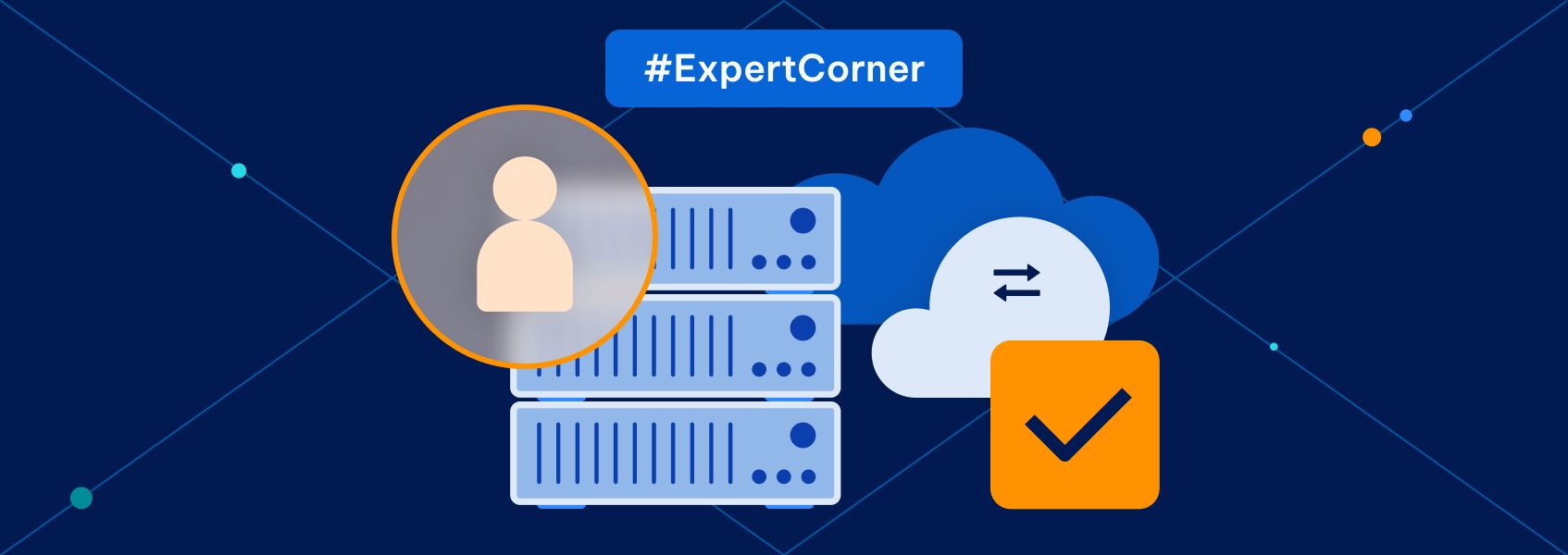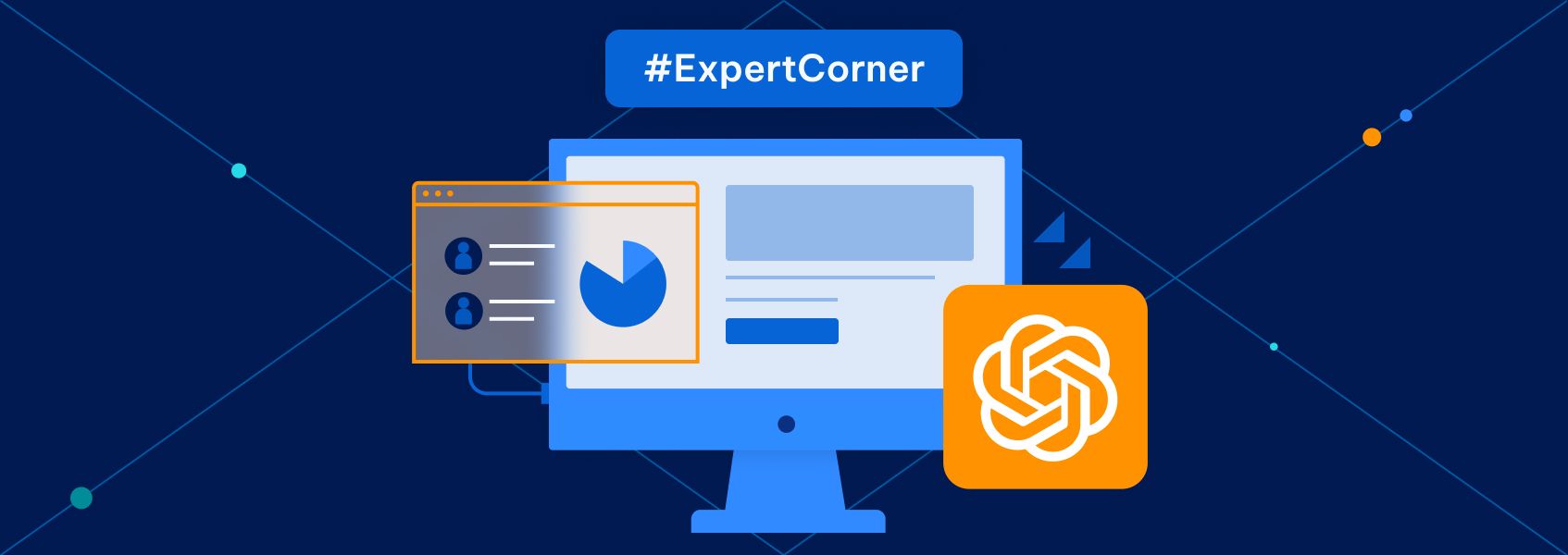A Comprehensive Guide to Data Privacy and Compliance for Up-and-Coming Businesses
Expert corner

Richard Conn
Data privacy has become a key concern for many in recent years. You may have even investigated how to remove your personal information from the internet yourself.
As a result, instigating policies that protect your and your customers’ data is more important than ever, especially with the number of data protection regulations now in effect.
We’re going to take a look at what it takes to protect data privacy and remain compliant with these regulations, ensuring that you get off to a good start when it comes to safeguarding important information.
What is Data Privacy?
Data privacy is a branch of data management that provides guidelines for how data should be collected and handled. These guidelines can vary based on the sensitivity and importance of the data in question.
Personally identifiable information (PII) and personal health information (PHI) are two types of sensitive data that need to be protected with data privacy measures. Examples of these kinds of data include medical records, social security numbers, financial information, and contact information.
Data privacy applies to any sensitive information handled by an organization, whether it relates to patients, customers, shareholders, or employees. In many cases, this kind of information is vital to the overall strategy and operation of the organization.
Strong data privacy principles govern how data is used at every stage of its life cycle. There should be data privacy principles governing data collection, data processing, data portability, data retention, and data deletion, for example.
Why Is Data Privacy So Important?
Data is constantly at risk, with the number of cyber attacks increasing every quarter. The need to protect data is so prevalent that it’s led many organizations to adopt measures such as zero-trust security frameworks .
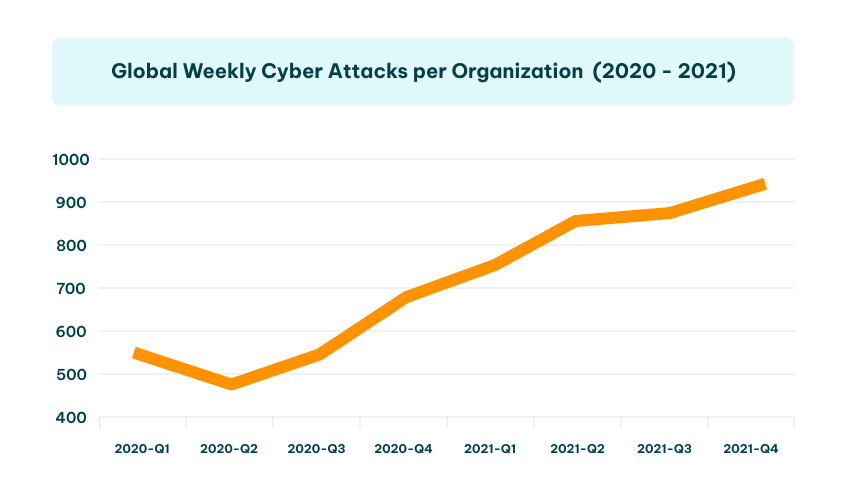
Customers and service users expect their data to be handled securely. People are much less likely to hand over their personal information if it won’t remain safe and confidential.
It’s therefore in the best interests of businesses to implement rigorous data protection and data privacy practices if they rely on customer information to carry out analytics, planning, and marketing.
One of the key components to data security in the modern world of business is to implement a secure, fully-integrated business management software system. By integrating accounting, CRM, and all other business operations into a single software, you’re helping to eliminate the risks of data getting lost between the cracks, or worse—data being haphazardly transferred into the wrong hands.
There’s also the issue of regulatory compliance. Many strict data protection regulations are now enforced around the world, requiring organizations to meet certain standards when it comes to safeguarding sensitive information.
Data privacy helps organizations meet these requirements and avoid the possible repercussions of failing to do so. The fallout from not meeting regulations can be dramatic, with the risk of costly fines looming large.
Data Privacy vs Data Security
While they do overlap, there’s a difference between privacy and security when it comes to data. Data security can exist without data privacy principles, but data privacy is reliant on data security measures being active.
Data privacy addresses policies, while data security addresses mechanisms. The former defines who should have access to data, while the latter focuses on applying restrictions to make sure the policy is enacted.
Data Protection Regulations
71% of countries around the world currently have data protection and privacy legislation in place, with 9% drafting legislation. For businesses operating internationally, it’s important to be aware of the relevant global data protection laws.
United States
There’s no single principal data protection legislation in effect in the United States. However, hundreds of individual state and federal laws are in place to protect the data privacy of U.S. citizens.
Prominent among these are the Federal Trade Commission Act and the Privacy Act of 1974.
Europe
The General Data Protection Regulation has been in effect across the EU since 2018, with varying impacts. It aims to protect personal data by regulating how organizations handle and store information.
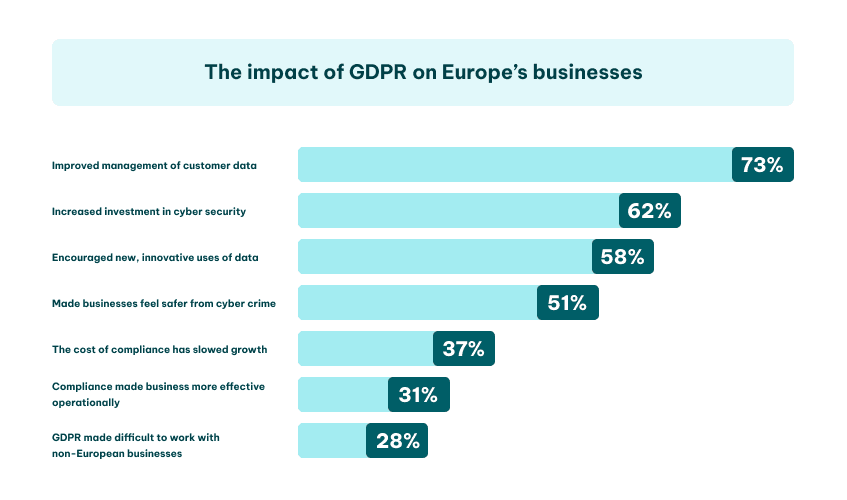
China
The Personal Information Protection Law of the People’s Republic of China (PIPL) has been in effect since 2021. It grants many of the same protections as GDPR and governs the handling of personal information within the country’s borders, as well as how data is handled by organizations in other territories that have operations in China.
Best Practices for Ensuring Data Privacy & Compliance
Here are a few best practices to follow which can simplify the processes of data privacy and compliance.
Inventory Data
To maintain data privacy, it’s essential to know what data you have and where it’s stored. Your policies should thus outline procedures for data storage and classification.
Keeping a catalog of your data will help you understand what protections need to be applied to it. Varying levels of safeguarding may be required to provide varying levels of data privacy. Knowing which data requires the most protection, and where it’s kept, will help you organize this.
Practices such as producing an internal audit report of your data can help achieve this.
Only Collect Necessary Data
The more data you have, the more data you need to worry about protecting. Ergo, your policies should dictate that only relevant and useful data is to be collected and stored (where possible).
Excess data presents unnecessary security liabilities and also requires bandwidth and storage, so reducing the amount of this will save you time and money.
Platforms such as a business management software system , which features centralized document management and reporting features, can help with this.
Be Transparent
Customers and service users appreciate transparency when it comes to data protection and privacy, so make it clear what information you collect, how it’s collected and stored, and how you’ll use it (even if a lot of it comes from data providers).
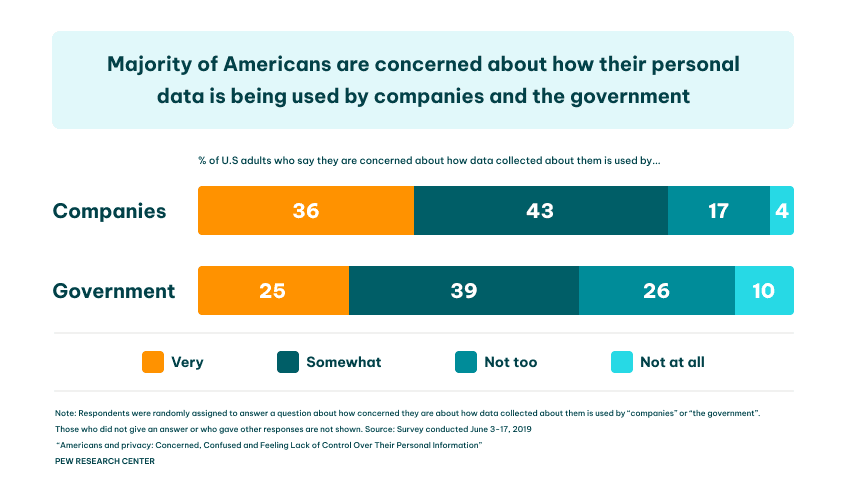
In many cases, it’s a requirement that this information is easily available to users, so you’ll need to do this to stay compliant. Obtaining user consent is a key part of many of these laws. For example, it’s recommended that consent is gained before carrying out web scraping to comply with GDPR.
Your policies should include notifying users when data is going to be collected and giving them the option to modify or opt out of data collection if desired.
It’s important to be transparent about any data provided by third-party data providers as well, and to ensure that any usage of this data is compliant with relevant regulations and in line with your organization’s data privacy policies.
Get Off to a Good Start with Data Privacy and Compliance
Data privacy and compliance should be points of consideration for all organizations, especially if you’re just starting your own business . Getting off on the right foot with data privacy will ensure you develop strong policies that protect you for years to come.
Investigate the relevant data protection regulations for the territories in which you’ll be doing business, and take steps to ensure you’re compliant. Only collect data that’s necessary, and keep an inventory of the sensitive information you store so you know what you’ve got and where it’s kept.

